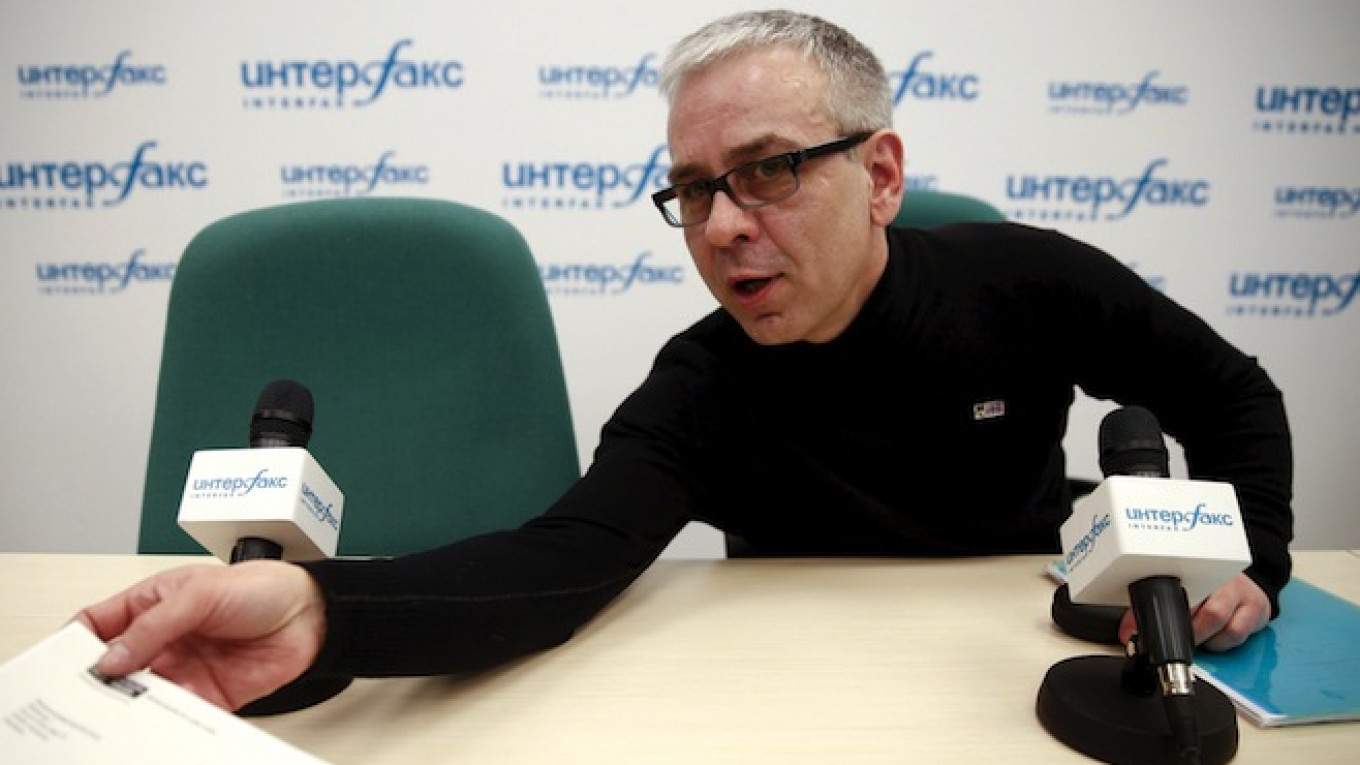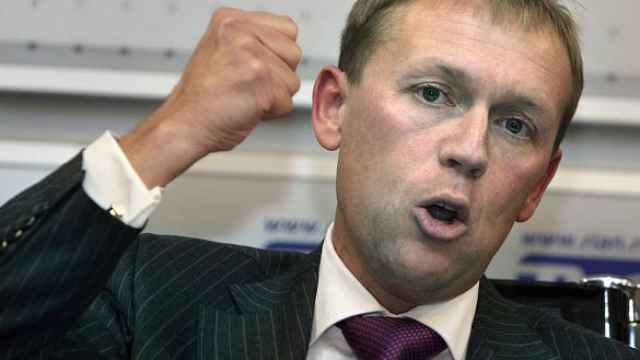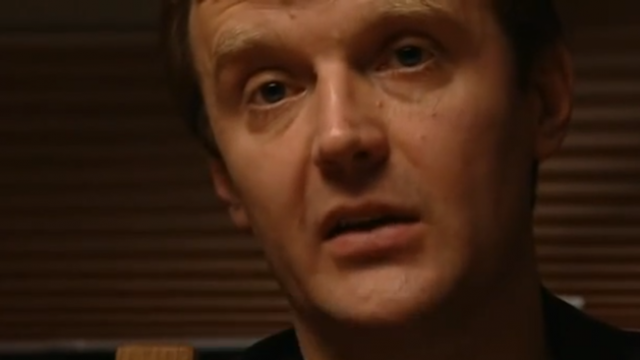One of two Russians accused of poisoning ex-Soviet spy Alexander Litvinenko in London in 2006 said Wednesday the former KGB officer may have killed himself accidentally while handling radioactive polonium.
The death of Litvinenko, who accused Russian President Vladimir Putin of ordering his murder, helped drag relations between Moscow and London to new post-Cold War lows and Britain launched an inquiry into the death last year.
British authorities believe Litvinenko was poisoned with green tea laced with polonium-210 during a meeting with two men, Dmitry Kovtun and Andrei Lugovoi.
The Kremlin has denied any involvement and refused to extradite the suspects. Kovtun is due to give evidence to the London inquiry via video link.
At a rare news conference in Moscow, Kovtun said Litvinenko's death could be classified as "inadvertent suicide."
"My main version is that it was an accident," said Kovtun, adding that he believed Litvinenko had been exposed to polonium before their meeting.
"I am more than certain he dealt with polonium without even knowing it. It might have been a leak and polonium was accumulating in his body gradually."
He added: "I don't know whether he had it on him or someone gave it to him. It's entirely possible he carried something with him and polonium gradually accumulated in his organism, and led to his death."
Kovtun said his own health was largely fine despite exposure to radiation due to meeting Litvinenko.
The inquiry said it would grant Kovtun "core participant" status providing he meets certain conditions and expected him to give evidence by video link at the end of July.
Britain had initially decided not to hold an inquiry but changed its mind last July as ties between Moscow and the West soured over the conflict in Ukraine.
A Message from The Moscow Times:
Dear readers,
We are facing unprecedented challenges. Russia's Prosecutor General's Office has designated The Moscow Times as an "undesirable" organization, criminalizing our work and putting our staff at risk of prosecution. This follows our earlier unjust labeling as a "foreign agent."
These actions are direct attempts to silence independent journalism in Russia. The authorities claim our work "discredits the decisions of the Russian leadership." We see things differently: we strive to provide accurate, unbiased reporting on Russia.
We, the journalists of The Moscow Times, refuse to be silenced. But to continue our work, we need your help.
Your support, no matter how small, makes a world of difference. If you can, please support us monthly starting from just $2. It's quick to set up, and every contribution makes a significant impact.
By supporting The Moscow Times, you're defending open, independent journalism in the face of repression. Thank you for standing with us.
Remind me later.






